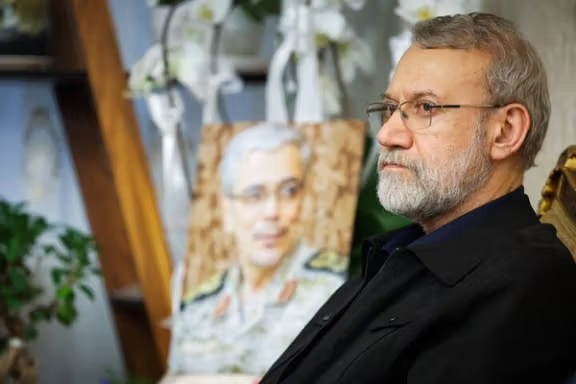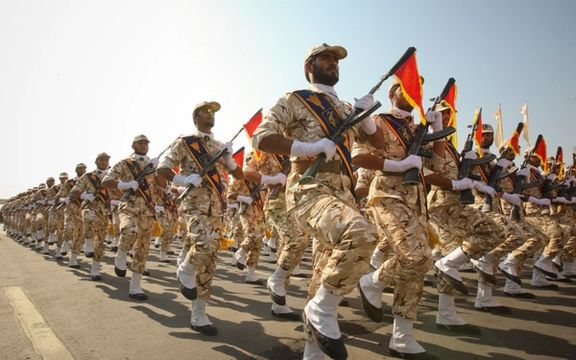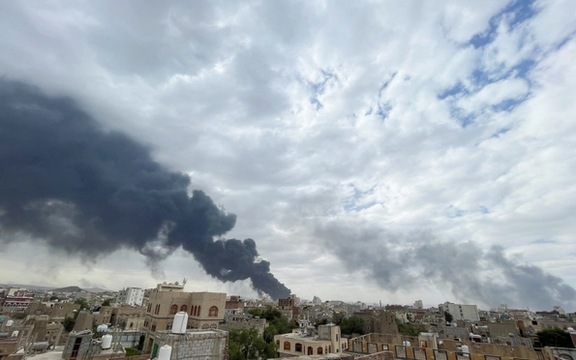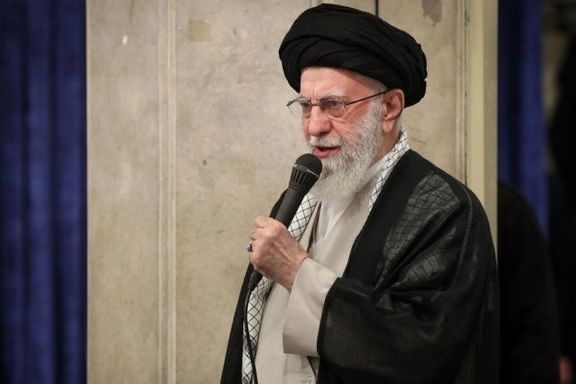“Those who say, ‘Why don’t you negotiate directly with the United States and solve the issues,’ are superficial; because the reality is different," Khamenei said during a meeting with his supporters in Tehran.
"Given America’s true objective in its hostility toward Iran, these issues are unsolvable."
“The enemies, after facing the steadfast unity of the nation, officials, and armed forces, and after suffering heavy defeats in military attacks, have realized that Iran and the Islamic system cannot be subdued by war or forced into obedience," he said.
Khamenei added that enemies had underestimated Iran’s resilience and wrongly believed attacks would separate the people from the state.
The 86-year-old ruler's remarks came one week after Iran's Reform Front issued a controversial statement urging direct negotiations with Washington, suspension of uranium enrichment, and acceptance of full IAEA monitoring in exchange for sanctions relief.
Regime change
The Supreme Leader, who was absent for 22 days after the June war, accused the United States of preparing for the Islamic Republic's collapse following the June attack.
“On June 13 Iran was attacked; a day later, some American agents met in a European capital to discuss an alternative to the Islamic Republic — that’s how confident they were."
"One day after the attack began, they sat and discussed what government should rule Iran after the Islamic Republic. They even appointed a king, deciding who should be the Shah of Iran. This is how they imagined Iran.”
“They thought this attack would create distance between the people and the system, weaken the system, and allow them to impose their vile and malicious goals,” Khamenei said.
Israel and regional conflict
Khamenei argued that Washington’s enmity was openly acknowledged. “The reason for America’s hostility toward us was revealed by the man in office there today, who said: ‘Our confrontation with Iran, with the Iranian nation, is because Iran must be obedient to the United States.’”
“The Iranian nation is deeply offended by such a grave insult and will stand with full strength against those who hold such a false expectation,” he added.
Turning to Israel, Khamenei said: “Today our enemy, the one standing against us — the Zionist regime — is the most despised government in the world."
He said "the path of aiding the Zionist regime must be cut off, and what the brave people of Yemen are doing today is the right course.”
The Houthis, who control much of Yemen’s population, announced a maritime blockade in the Red Sea in November 2023 after a call by Khamenei to support Hamas in Gaza. Since then, they have fired dozens of ballistic missiles and drones toward Israel as well as commercial vessels navigating the region.
“We are ready for whatever possible for the Islamic Republic,” he continued, pledging readiness to “uproot this deep, malignant cancer [Israel] from the region.”






